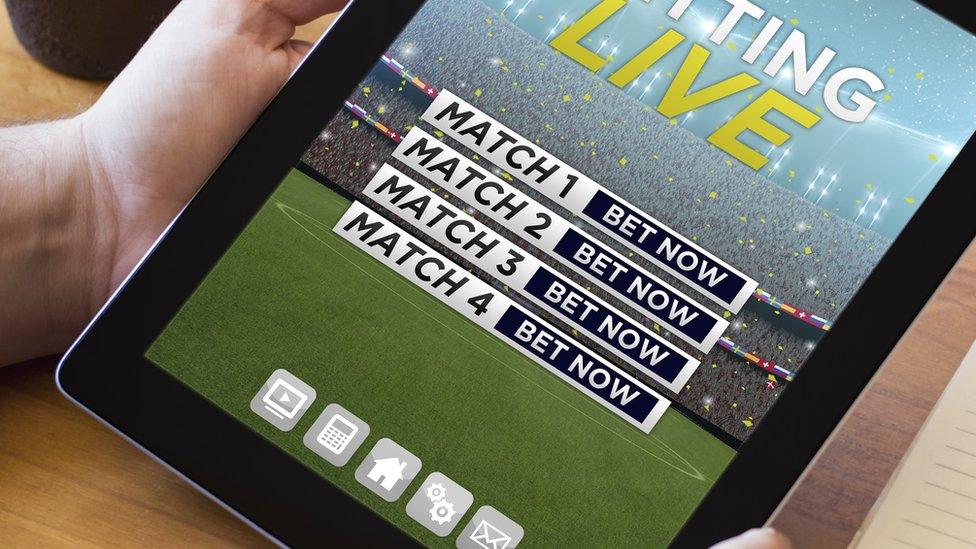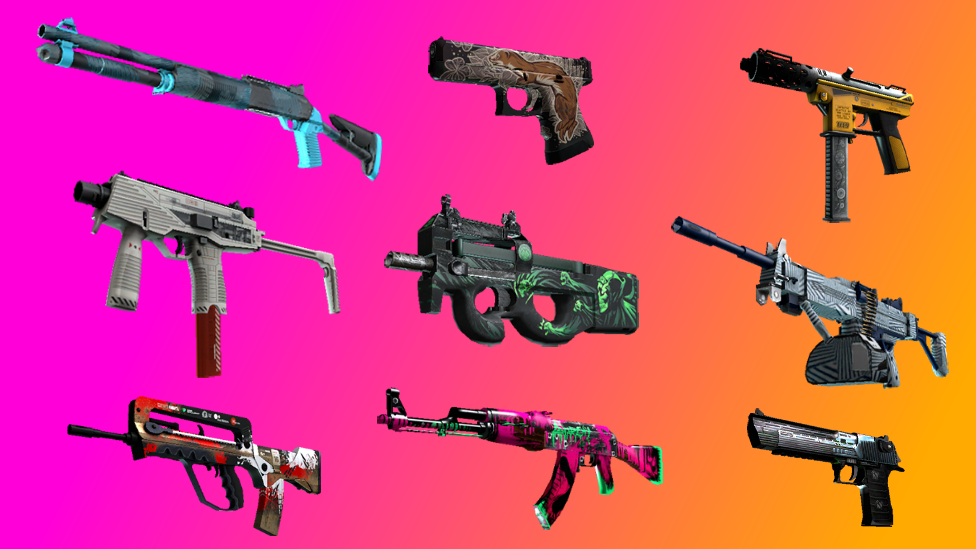YouTuber pleads not guilty to video game gambling offences
- Published

Two men have appeared in court and pleaded not guilty after they were previously charged with offences under the Gambling Act.
Craig Douglas and Dylan Rigby made their pleas at Birmingham Magistrates' Court on Friday.
The pair were charged on 16 September with promoting a lottery and advertising unlawful gambling.
The case has been adjourned until 6 February 2017, when the court will hold a hearing expected to last a week.

Mr Douglas posts gaming videos on YouTube
Mr Douglas is a prominent gamer and has a YouTube channel under the pseudonym Nepenthez which has more than 1.3 million subscribers.
Douglas is also charged with inviting children to gamble by advertising a gambling website connected to the football video game Fifa.
The sites gave players the chance to win the virtual currency used in Fifa.
This is believed to be the first prosecution of its kind involving betting on video games.

How does Fifa gambling work?
EA Sport's Fifa video game has its own virtual currency that is used in-game.
A number of third-party websites let players transfer their Fifa coins to bet on virtual football games, play slot machine-style games or enter a lottery with a jackpot prize.
Any winnings can then be transferred back into the main Fifa video game.
Since Fifa coins can be purchased with real money, critics argue that they have a real-world value and therefore betting with them may constitute unlicensed gambling.
What is skin betting?
Skins are collectable, virtual items in video games - such as modifications that change the appearance of weapons.
Sometimes skins can be earned within a game, but they can also be bought with real money.
Some games also let players trade or sell their skins - and rarer ones can attract high prices.
A number of third-party websites let players gamble with their skins for the chance to win more valuable ones.
Since skins won on such a website could in some cases be sold and turned back into real-world money, critics suggest betting with skins may constitute unlicensed gambling.

- Published16 September 2016

- Published6 October 2016
